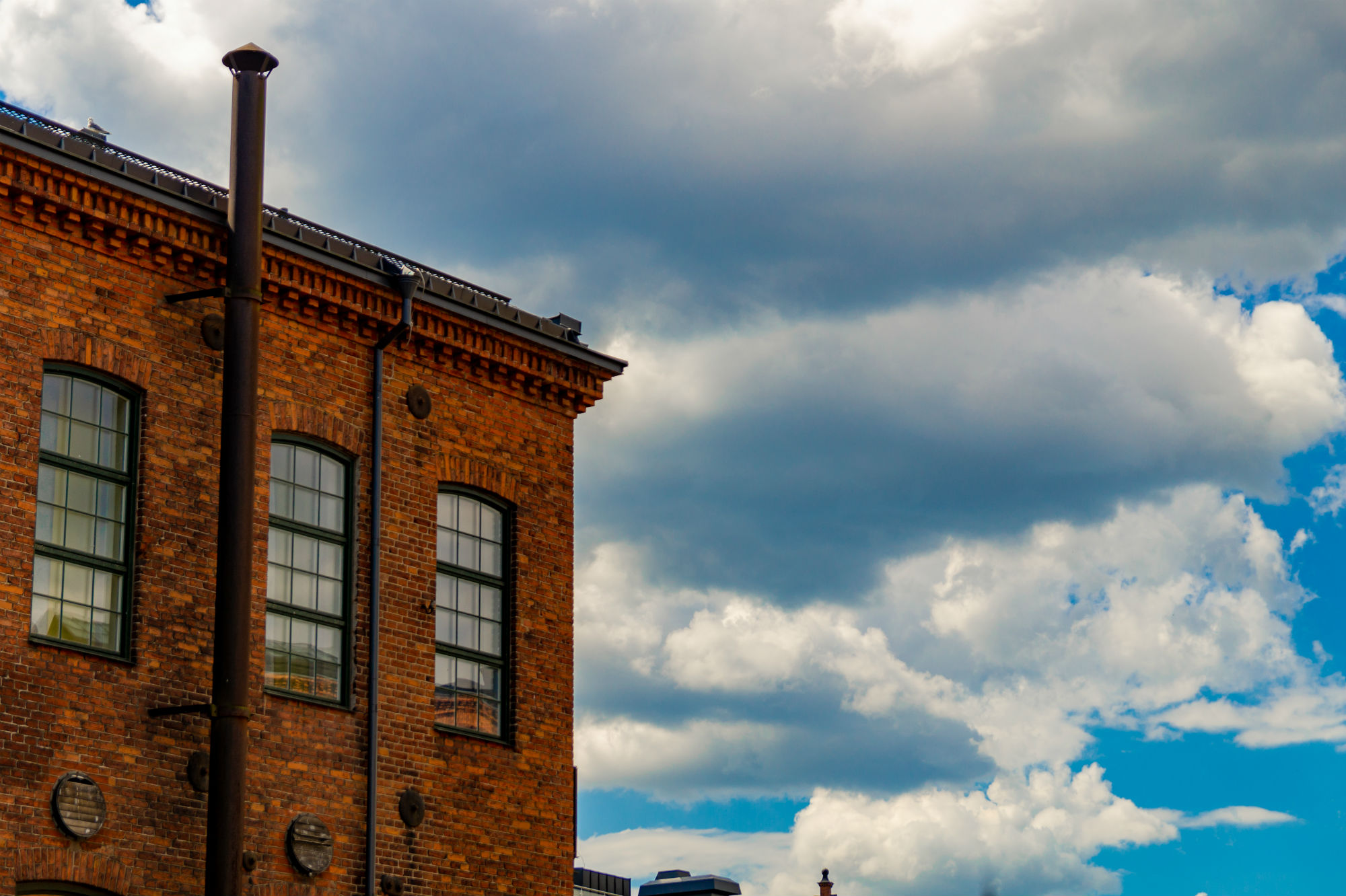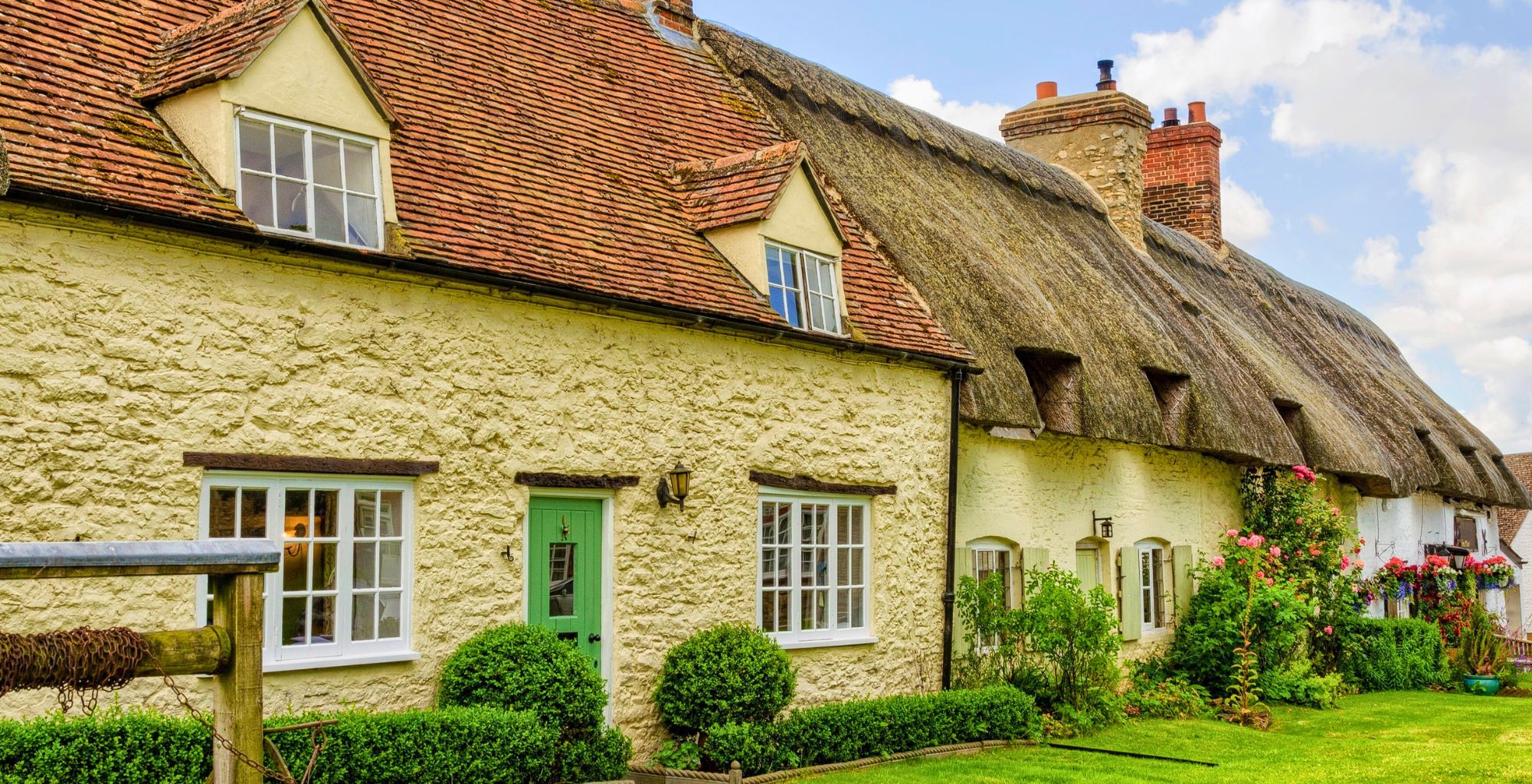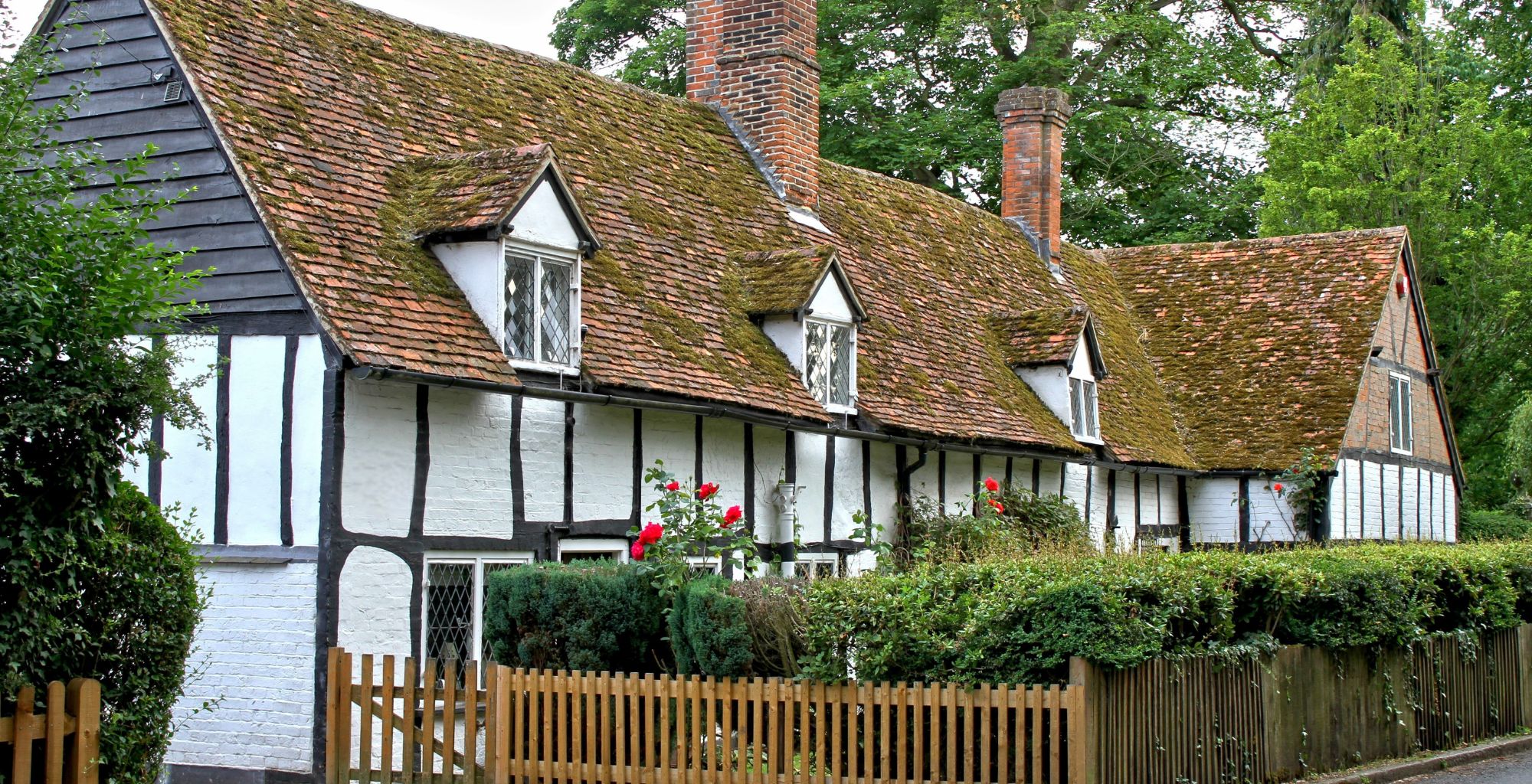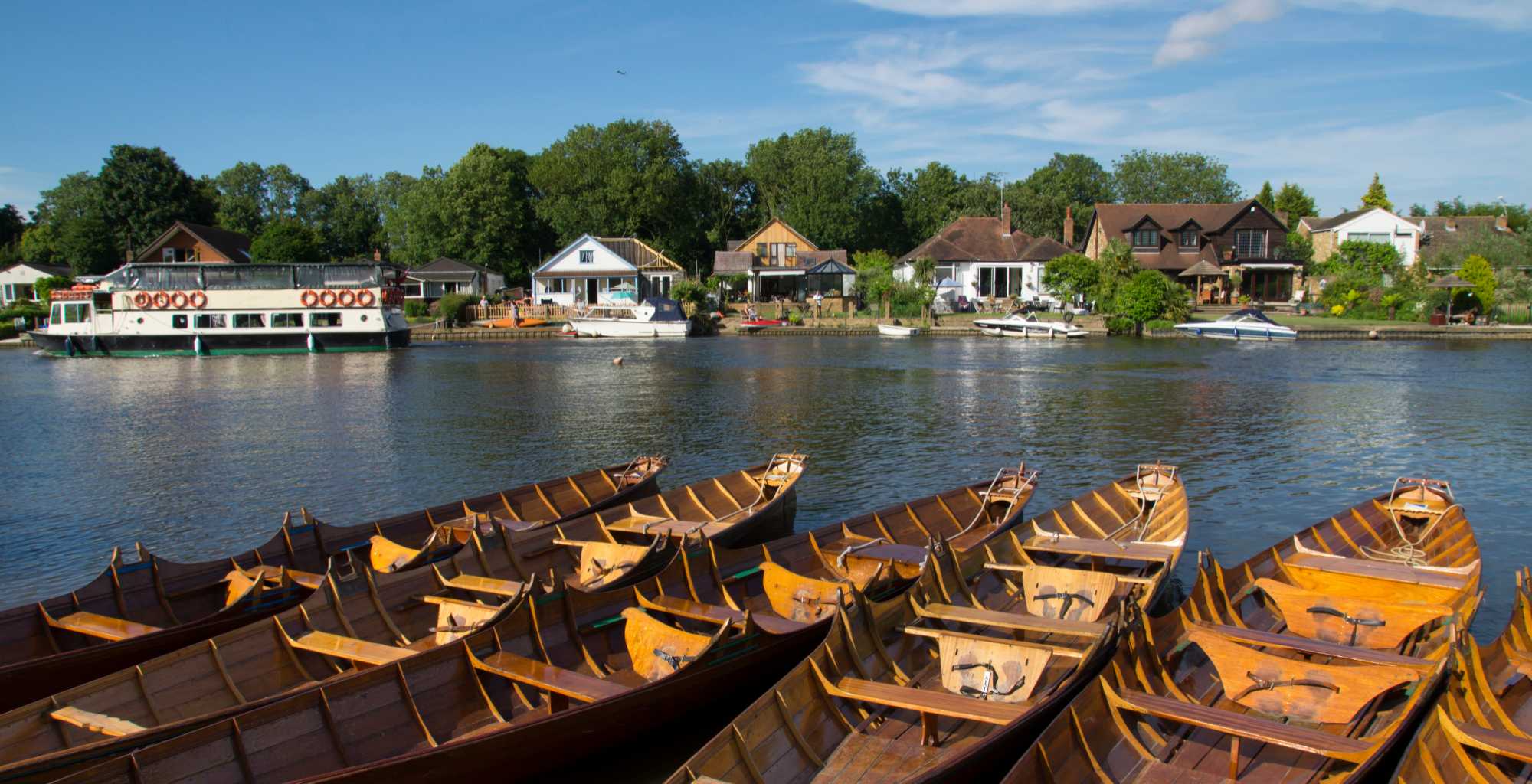Are you looking for the best places to live in Oxfordshire to focus your property search? From bustling market...

Converting commercial property to residential
The latest available figures show that office-to-residential conversions in England increased by nearly 40% in just one year. This shows how the property market is changing and that there are opportunities to be found.
Of course, there are many different reasons why you may be considering converting commercial property to residential, so using the expertise of a property finder will help you find the ideal property.
Why convert from commercial to residential?
Finding the right sort of residential property isn’t always easy. That applies both to buyers looking for properties for their own residential purposes and those seeking investment opportunities.
The challenge of finding the ideal property can be even tougher in locations such as city and town centres, highly desirable village locations and, those areas associated with recreational opportunities.
However, in those very same locations, there are often redundant commercial properties standing readily available. They might bring with them possibilities such as:
- demolishing the existing property and building on the land;
- converting a large commercial property into luxury apartments;
- making available lower cost accommodation in city centres as required by hospitals or universities;
- re-purposing into your own luxury bespoke primary residence.
All things considered, there are very many reasons why it might be advantageous to consider looking at commercial properties.
Benefits of converting from business to private use
The obvious immediate attraction is that of potential availability; there is a thin supply of residential property.
Commercial properties may be available in locations where there is little or no suitable residential accommodation on the market.
In many city and town centres, a casual walk around will probably discover numerous once commercial properties that are now standing unused.
That may have arisen for reasons such as change in consumer lifestyle buying patterns or when old commercial/industrial units are simply no longer required due to the post-industrial changes in our society’s work patterns and economic structures.
Following on from basic availability, other benefits may follow:
- assuming you plan to keep it for re-use, the structure is already there. That can be a very large cost saving over an entirely new-build;
- it may be easier to obtain change of use permission than full planning permission for a complete new build or greenfield site development (though planning permission may be required in some cases);
- it will typically avoid higher stamp duty land tax (SDLT) rates on the purchase of the second property, as non-residential and mixed-use properties are exempt. You’ll pay the standard rate of SDLT for buying a commercial property (this is accurate at the time of writing but the Autumn budget statement in 2019 may revise that).
As a potential option, it is therefore worth considering.
Considerations
The things you will need to think about will vary depending upon the type of commercial property you are considering and its location.
Just a sample of points for consideration:
- think about the accessibility of the property when looking in city and town centres. Be aware of the potential issues associated with parking, traffic jams and delivery difficulties;
- check to see if local regulations oblige you to keep external areas of the building in an as-is condition, in order to blend in with surrounding properties. That might add to your cost of maintenance downstream;
- investigate the local amenities. They are the traditional considerations relating to things such as shops, schools, recreation, road and rail access and so on. Commercial properties in a town or village centre might get a tick in the box here, those in suburban ex-industrial centres might be more challenging;
- verify whether or not the building is subject to a listed building status and if it is, of what type. There may be restrictions that will inhibit your degree of freedom to redevelop the property as you wish.
Experienced property finders will be able to research many of these things for you and advise accordingly, or if outside of their area of expertise they will be able to recommend professionals who can advise.
What about planning permissions?
Almost inevitably, there will be some administrative work to deal with as part of the conversion from commercial to residential property.
That work will typically fall under three general consideration categories:
Change of use
As the name suggests, this essentially means obtaining permission from the local authorities to start using the property for any form of residential purposes, rather than its existing commercial designation.
In some cases, as defined by the type of commercial property under consideration, you may not need change of use permission. The criteria here are slightly complex but you can ask for assistance from experienced property finders;
Planning permission
Conceptually, planning permission is quite different to change of use because it relates to any structural changes you may wish to make to the property as part of your conversion.
Even if you have change of use permission or such was not required by nature of the property you are looking at, you might still need planning permission should the changes you’re planning for the property be seen as significant;
Listed buildings.
Properties that are listed as having a special local, architectural or historic interest, might be a challenge in terms of both change of use and planning permission.
There may also be cost factors to consider here because once you have obtained such permission, it may be heavily caveated by obligatory requirements to complete all work using traditional methods and materials under the supervision of specialised crafts and tradespeople. That again may push your development costs up.
However, in the majority of cases, the required permissions in these areas can be obtained with assistance. At times, a willingness to compromise on elements of your original concept may also be required.
Summary
The potential attractions of identifying a commercial property and converting it into one with residential status are obvious.
However, it is crucial to find a suitable property that constitutes a potentially feasible project. Getting advice and assistance on the change of use and planning permission issues might also be highly advisable if you wish to avoid initially wasting a lot of time or potentially encountering difficulties and cost escalation in your eventual conversion work.
At Garrington, we have extensive experience acting as property finders for clients seeking commercial properties for conversion. Please contact us to see how we can help.



